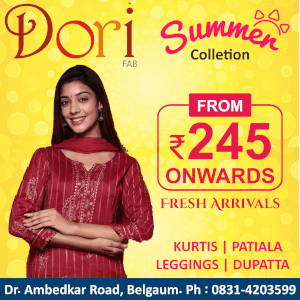Seed balls, also known as “earth balls” consist of a variety of different seeds (we chose native and wild and on the verge of extinction seeds) rolled within a ball of clay. Various additives may be included, such as humus or compost. These are placed around the seeds, at the center of the ball, to provide microbial inoculants. Sometimes neem powder mixed with ash is also included in the mixture to prevent decay of seed.
The technique for creating seed balls was rediscovered by Japanese natural farming pioneer Masanobu Fukuoka. Fukuoka, who lived on the mountainous island of Shikoku, wanted to find a technique that would increase food production without taking away from the land already allocated for traditional rice production.
Such seed balls, ideally need to be bombed or dropped on barren, unreachable by humans, difficult to manually plant lands and valleys. (Ideally to be dropped by trekkers and children who are on a picnic)
 Introducing a nature-related activity for tiny tots is always a brilliant idea and seed ball making expert Mrs. Bharti Hardi and The Principal of Sambhrama school, Mrs. Kshama Kulkarni structured and implemented the same.
Introducing a nature-related activity for tiny tots is always a brilliant idea and seed ball making expert Mrs. Bharti Hardi and The Principal of Sambhrama school, Mrs. Kshama Kulkarni structured and implemented the same.
Some dos and don’ts
1. Collect organic seeds when they drop from the tree, avoid buying from stores
2. Dry them thoroughly in sunlight so as to avoid moisture contamination
3. Use native seeds, or seeds of those trees found outside temples(gulmohar, vad, pimpal, mandar, gulbaksh) or fruit seeds like ramfal, jamun, jackfruit, mango, karvande)
1. Do not plant these in pots, they are made for areas not reachable to us.
2. Do not opt for exotic plants. Wild Indian are the best.



In organic farming systems, plants rely on healthy soil to get their nutrients, so they need vigorous roots to seek out and absorb these nutrients. … Organic seed has been selected over and over again to obtain the best seeds for organic growing conditions.
Choose the best seed to replant for each planting. Thing about the importance of organic seed and organic seed producers, although I think daily about the importance of organic fruits and vegetables in our diet and how much better they are for our bodies and our earth.
Conventional seed growers feed their crop of seeds; with fertilizers, synthetic pesticides, herbicides, and chemicals. They try to produce a perfect seed-growing environment, one that has the right amount of water and without too many stresses on the plants. To produce seed you need to grow through the entire life cycle of the plant until once again seeds are formed. This means that the plants are in the ground longer than a typical vegetable crop, and there is more time to apply chemicals. Also, for seed there are different regulations about when you can apply pesticides before harvest and many are applied up to the day before harvest. If you rely on conventional seed to plant your organic garden, that seed came from a place where many synthetic pesticides are being put into the earth.
Organic seed growers are growing and selecting seeds that perform well in the stresses of organic gardens and farms. These seeds have been bred to grow in organic conditions that do not rely on pesticides as their method of weed and insect control. Organic growers use different and milder methods for weed and pest control, so these plants must be able to tap into their inner strength and defend themselves. Organic seed has been selected over and over again to obtain the best seeds for organic growing conditions.
When you are planning your garden or farm, please consider organic seed; it is important for healthy farms, communities and the future of agriculture. And best of all when you choose to use organic seed, you end up supporting the research of all the organic seed growers, producers, breeders and researchers out there keeping up the good fight!